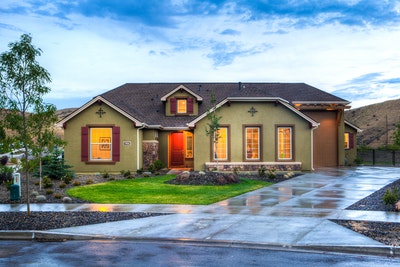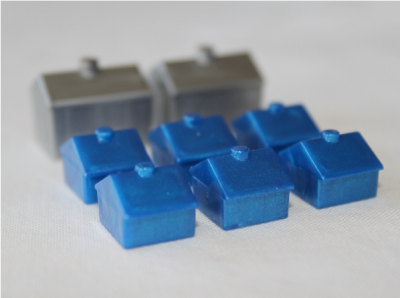6 Things You Must Know When Moving House

Selling your house to move into a new one is no simple task, and you’re going to have to put a lot of work in if you want to make sure you get the perfect outcome for you.
There’s a lot to consider when it comes to your previous house, and there’s going to be a lot you have to think about when you’re picking out your next house.
If you fail to cover everything, you may even be at risk of legal trouble, as potential buyers might feel misled by missing information or details!
You’re responsible for dealing with how your previous house is sold, and you’ll want to make sure it’s done right.
1. Selling your house
Firstly, you want to make sure that you’re in the right hands when it comes to getting things right for your first house. Getting a realtor you can trust to help handle things is a must, as you don’t want anything coming up later on!
Your realtor can help you put your house on the market for the best price, while also helping to find people interested in buying; meaning things can move on much more quickly.
You also want to make sure that you make it clear about any damage that your house has.
Even if it’s a simple crack in the wall, you don’t want the next owner of your house to have to deal with something that’s gotten out of hand since you moved out.
In some cases, it might even be better to have repairs and maintenance done to your house before you sell it, as it can raise the price up a bit!
One of the common causes of real estate litigation is when house owners or real estate agents neglect to mention damages to the house, letting the buyers make the purchase without being made aware of it.
It can be expensive to have work done on the house, and might seem even more so when you’re planning to sell it, but think of it as an investment. Look into ways you can drive the price up a bit and make the house more desirable to potential buyers!
2. Location
The location you’re picking for your next home is very important, as you’re likely going to be there for a while. Try to plan ahead, rather than planning for the life that you’re currently living in.
Chances are, things are going to change before you’re able to move house again, so take some extra time to think about what you want to do later on! For example, if you can see yourself having a baby somewhere down the line, landing somewhere not too far from a school wouldn’t be a bad idea for you.
You should also make sure that the location you pick can suit your current needs too, as you’re going to need to find it liveable while you’re there. Are the local stores within walking distance?
Do you mind having to drive everywhere to buy things? If not, then consider if that’s something that works for you, because you’re going to need to deal with it every day!
Try to meet the neighbors before you consider buying your house also, as you’re likely going to have to get to know them when you move in.
You want to make sure that your neighbors are people that you don’t mind living beside and that you’ll be able to get on with them! If you’ve had trouble with neighbors before, you likely know how awkward it can be to have troublesome neighbors!
3. Cost of living
While the overall price of the house might be within your price range, you need to consider how much it’s actually going to cost to live there.
A bigger house likely means a bigger electricity and gas bill, and that’s something you should seriously consider. If you’re looking to upgrade your house size, you should be sure you can still live comfortably in your new house!

4. Making an investment
Sometimes it can be beneficial for you to find out whether the cost of your house will appreciate or depreciate.
If you don’t plan on living there for too long, you’ll want to make sure you can get your money back when it comes to selling, and it can be difficult if the price has gone down once you get to that point.
Housing can be a great investment, so try to find out whether or not your house is a good investment before you make the purchase!
5. Renovation costs
Buying a house is one thing, making it feel like your home is another. You should consider how much it’s going to cost when it comes to renovating things and making them feel like your own.
Are you going to need a lot of construction work done? Are you going to have extensions built to make it more suitable? It all adds up in the end, so it’s best to try and get an estimate on that before you go any further.
6. Check for damage
Just like renovating, you’re going to need to consider how much things are going to cost to fix if the house you’re buying has damaged.
While it might be cheaper to buy a house that’s a little worse for wear, some things have to be dealt with before they get out of hand. Damp marks on the ceiling can be much more serious than they seem, and a hairline crack in the wall can lead to much more severe damage.
If you want to make sure you get the right house for you, while making sure that you get the most out of selling your old house, it’s important that you do things carefully and properly.
You can’t be careless when selling your old house, else you’ll have trouble selling it for a good price – nor can you be careless when buying your new house, else you’ll end up stuck somewhere you don’t want to live.






